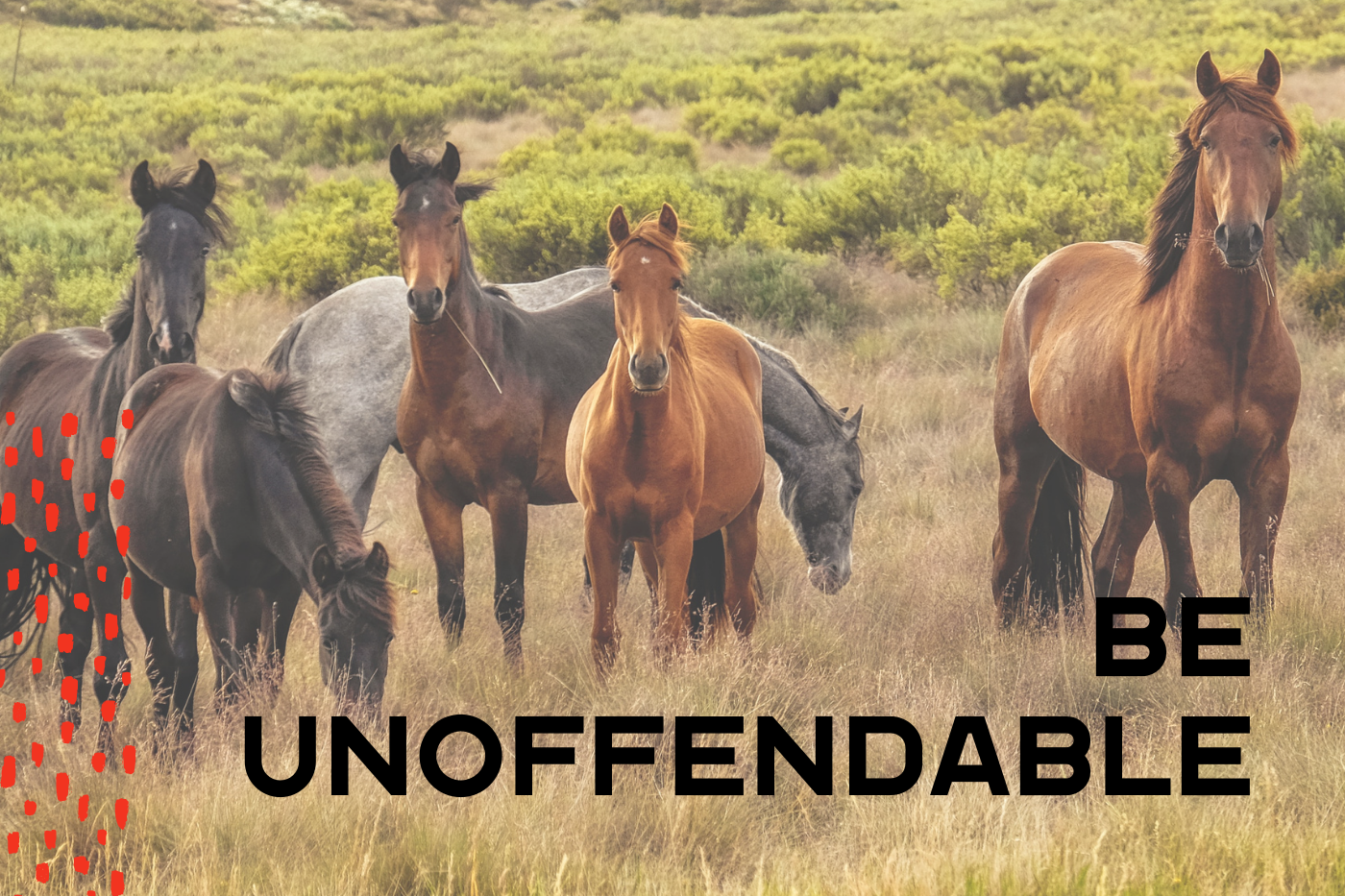Contact Us
Anthony Ray Hinton was convicted of a murder he didn’t commit. Sentenced to death, he spent 28 years in prison. For the first three years he barely spoke, and a profound darkness took residence in his heart and mind surrounding the injustice of his situation. But as Hinton accepted his new reality, he remembered words from his mother that fueled a desire to live differently. He resolved to not simply survive death row, but find a way to live in it. He began to reach out to the other inmates, learn their names, ask them about their lives, and genuinely care about them.
One such man impacted by Anthony’s life was an inmate named Henry. Anthony and Henry had cells next to one another and shared long conversations. Well into their friendship, Anthony, a black man, discovered that Henry was the notorious Henry Hays, a Ku Klux Klansman. Upon receiving this information, Anthony asked himself, “does it matter who he is?” The answer to that question changed both of their lives. Hinton decided to dive deeper into Henry’s life rather than leave and be offended by his life.
When Henry spoke his last words, he said, “All of my life I was taught to hate. And for the last 15 years, the very people that I was taught to hate have shown me nothing but love. And tonight as I leave this world, I leave knowing what love feels like.”
Henry learned a new language and way of being in the world, all because Anthony chose to live unoffended.
Anthony’s life challenges me because my emotional makeup is to live life offended. I am sensitive to people and relational dynamics, which means I catch every eye roll, subtle dig or negative word spoken. Yet this highly sensitive approach to relationships and people does not lead to peace or unity but discord.
As people who love God, reconciliation is our call. If we live continuously offended by others, judgement and criticism replace love. In the name of “being hurt” we shrink back from grace. The Bible challenges us to live this life of reconciliation:
“The old life is gone, a new life emerges! Look at it! All this comes from the God who settled the relationship between us and him, and then called us to settle our relationships with each other (2 Corinthians 5:17-18, The Message).
When we fully understand that Christ came for our reconciliation with God when we didn’t deserve it, we can then turn around and offer that to others. May we follow Anthony’s lead, and in the power of the Holy Spirit, live life unoffended.
Questions:
- In Anthony’s story he had a significant perspective shift that changed everything about how he was living. What perspective shift do you need to make?
- Who is your Henry? Who can you choose to show love and compassion to even though that person offends you? How will you do that?
Krista Gilbert (kristagilbert.com)
